
Within the past three weeks, Americans have seen a devastating plane crash over Washington, D.C. That collided with a helicopter and killed 67 people, a medical jet crash in Philadelphia, and several private plane crashes. On Monday, a plane flying from Minneapolis to Toronto flipped over on the runway at Toronto Pearson International Airport—thankfully, everyone involved in that accident survived.
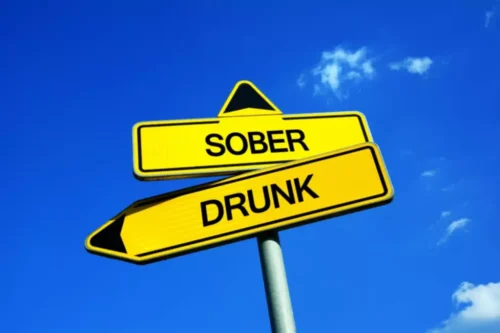
Lifestyle Quizzes
- A night of drinking can bring up feelings of anxiety or jitteriness, even if you’re not diagnosed with an anxiety disorder.
- Later in the sleep stages, alcohol disrupts REM sleep and paralytic sleep, which is when your body rejuvenates itself.
- You can even practice doing this daily leading up to a flight so that you’re used to the breathing technique when you’re buckled in.
- Indeed, several disorders are more likely to be observed in COA’s than in control groups, including conduct problems, such as difficulties with discipline at home or in school (Schuckit and Hesselbrock 1994).
- Positive self-talk can be helpful when you’re dealing with anxiety, Dr. Marcello says.
You might fixate on these thoughts and get trapped in a cycle of worrying and rumination. drug addiction Together, this interaction affects your mood, emotions and alertness. This is why when we drink, we often feel more sociable, carefree and willing to let our guard down.
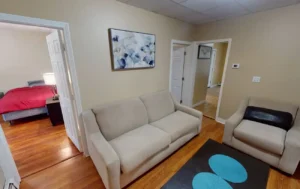
Can alcohol cause anxiety?
Some people experience psychological symptoms such as feeling anxious or depressed the morning after drinking, this is sometimes colloquially known as ‘hangxiety.’ You may be more familiar with the physical symptoms of a hangover, like headaches and an upset stomach. Several separate lines of evidence cast doubt on the possibility that high proportions of alcoholics have severe, long-term depressive or anxiety disorders. These research approaches lead to three conclusions, discussed below.
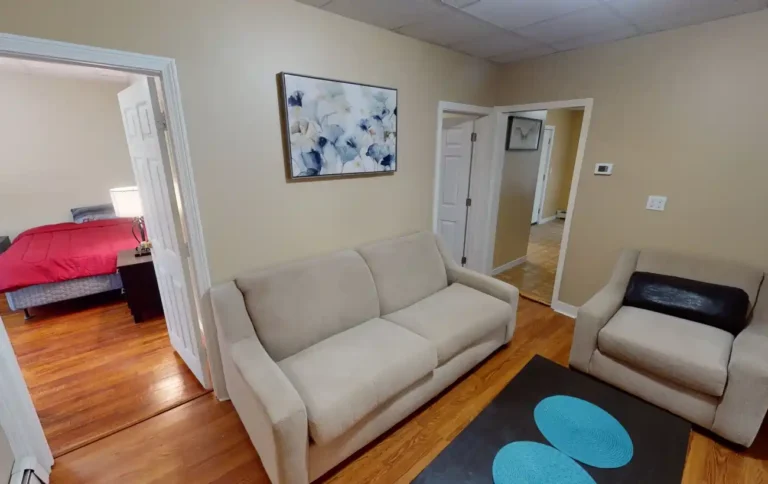
Anxiety and Alcohol: Does Drinking Worsen Symptoms?
The researchers concluded that the genetic influences important in alcoholism appear to be relatively specific for that disorder and did not significantly alter the risk for additional psychiatric disorders, including major depression and major anxiety disorders. Another twin study by Mullin and colleagues1 showed no increased risk for anxiety disorders in identical twins of alcoholics with the exception of conditions (e.g., anxiety) that might have resulted from the alcoholism in the person’s twin. Similar results have been generated from some, but not all, studies of alcoholism in relatives of patients with severe anxiety disorders. Nor did a review of several recent studies by Fyer and colleagues1 and can anxiety make you feel drunk Noyes and colleagues1 reveal high rates of alcoholism in relatives of people with social phobia or other anxiety disorders (Schuckit and Hesselbrock 1994). Vaillant (1995) has conducted a 40-year followup of 2 samples, one including more than 200 college men and the other including more than 450 blue-collar boys who were ages 11 to 16 at the time of the original study. Information was available on the subjects’ psychiatric symptoms and AOD-use patterns and problems, both at the time of enrollment into the study and at several points during the long-term follow-up.
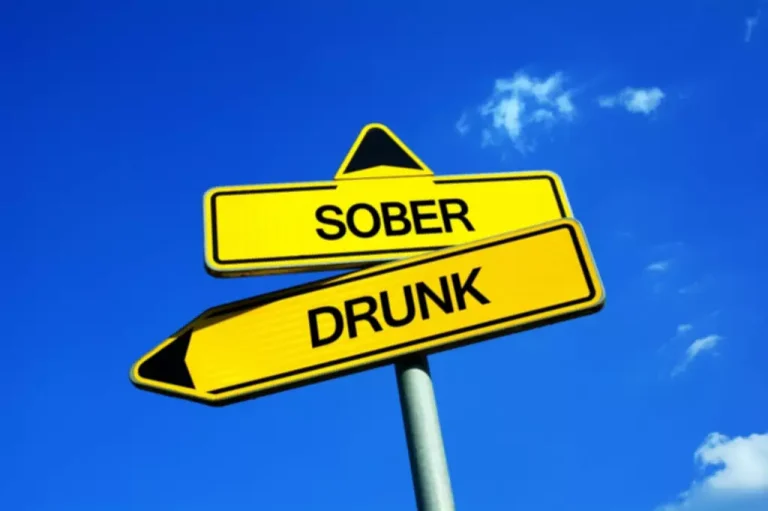
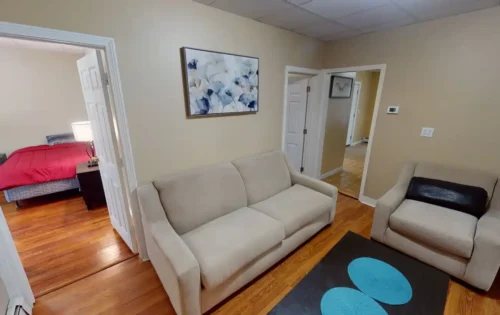
Bringing a good book or magazine is also helpful, just in case you can’t use your devices. It’s more than okay to bring things on the plane that make you feel comfortable, like a small weighted blanket or lavender-scented pillow, Dr. Gallagher says. A stress ball or fidget toy can also be helpful, according to Dr. Ammon. Whatever items you use to calm yourself down when you’re at home can be good for the plane too. If you suffer from anxiety, there are ways to reduce your anxiety without alcohol.
